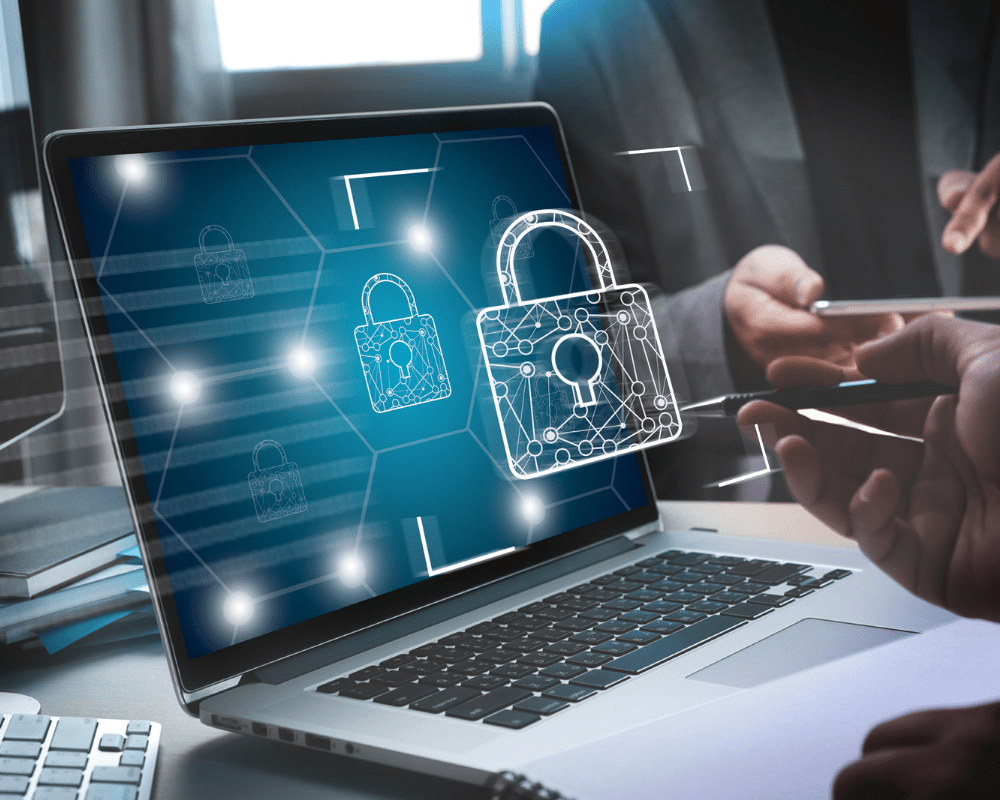Network Security and Cyber-Attacks in South Florida: What you need to know?
As technology evolves and advances, so do the threats and risks that businesses face when it comes to network security and cyber attacks. The state of Florida, including South Florida, is not immune to these dangers, which is why it is essential to take the necessary precautions to protect your business.
It’s a common assumption among small business owners that network security is only essential for large enterprises since they face more online attention, has greater amounts of digital information at stake, and complete more online sales. However, almost 70% of small and mid-sized businesses have encountered cyber-attacks in the past year.
If your business is part of the 50% of small companies that haven’t invested in network security, you must change this approach. Recovery from threats and security breaches can result in short-term shutdowns and significant expenses. In the long run, budgeting for security can save you both time and money.
Moreover, network security is more than just protection. Implementing better digital strategies, from disaster recovery to server virtualization, can improve the way your business operates now and in the future.
At OnPoint Tech Systems, we understand the importance of network security and the potential damage that cyber-attacks can cause. In this article, we will discuss some of the most critical aspects of network security and cyber attacks that you need to know about.
Why is Network Security Important?
Network security is the practice of securing a computer network from unauthorized access, theft, and damage to hardware, software, or data. It is essential because it protects sensitive information and intellectual property from being accessed by unauthorized parties. Without network security, businesses risk losing valuable data, which can lead to legal liabilities, financial loss, and a damaged reputation.
Types of Cyber Attacks
Cyber attacks can take many forms, and it is essential to understand the different types to take the necessary precautions. Here are some of the most common types of cyber attacks:
- Malware – Malware is malicious software designed to damage or disrupt a computer system. Malware can take the form of viruses, trojan horses, and worms.
- Phishing – Phishing is a type of social engineering attack that targets individuals through email or other forms of communication. The attacker will try to trick the recipient into providing sensitive information, such as passwords or credit card numbers.
- Ransomware – Ransomware is a type of malware that encrypts a victim’s files, making them inaccessible until a ransom is paid.
- Distributed Denial of Service (DDoS) – DDoS attacks overwhelm a website or server with traffic, rendering it inaccessible to legitimate users.
- Man-in-the-Middle (MitM) – A MitM attack occurs when an attacker intercepts communication between two parties and can potentially eavesdrop on or modify the conversation.
How to Protect Your Business from Cyber Attacks
Protecting your business from cyber-attacks requires a multi-layered approach. Here are some essential steps to take:
- Use strong passwords – Use complex passwords that include a mix of upper and lowercase letters, numbers, and symbols.
- Keep software up-to-date – Regularly update your software to ensure that any security vulnerabilities are addressed.
- Implement firewalls – A firewall acts as a barrier between your computer network and the internet, filtering out potentially harmful traffic.
- Use antivirus software – Antivirus software can detect and remove malware, protecting your computer network from potential threats.
- Train employees – Educate your employees on the dangers of cyber attacks and how to recognize and report potential threats.
Frequently Asked Questions
Q: What is a vulnerability scan?
A: A vulnerability scan is an automated process that scans your computer network for security vulnerabilities and weaknesses that attackers can exploit.
Q: What is two-factor authentication?
A: Two-factor authentication is a security measure that requires users to provide two forms of identification before accessing a system or network. This typically includes a password and a unique code that is sent to the user’s phone.
Q: How often should I back up my data?
A: You should back up your data regularly, depending on how frequently it changes. This can be daily, weekly, or monthly.
Protect Your Business
Protecting your business from cyber attacks is critical. At OnPoint Tech Systems, we specialize in network design and installation and can help you develop a customized plan to protect your business. Contact Onpoint Tech Systems online or give us a call at (561) 300-7405 for Palm Beach or (954) 278-9000 for Broward to learn more.

